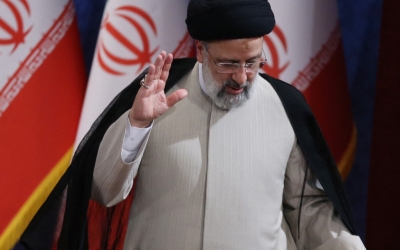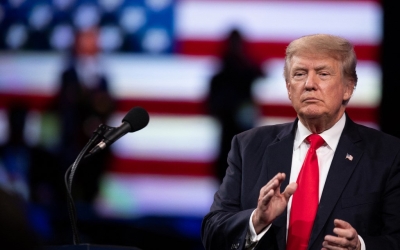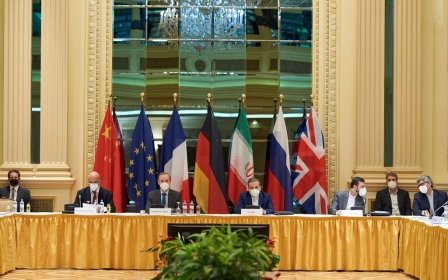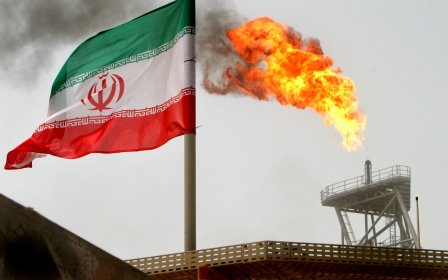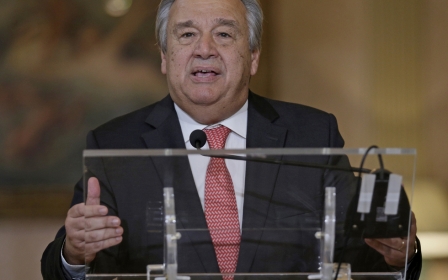Republican senators introduce bill to sanction Iran's Khamenei and Raisi
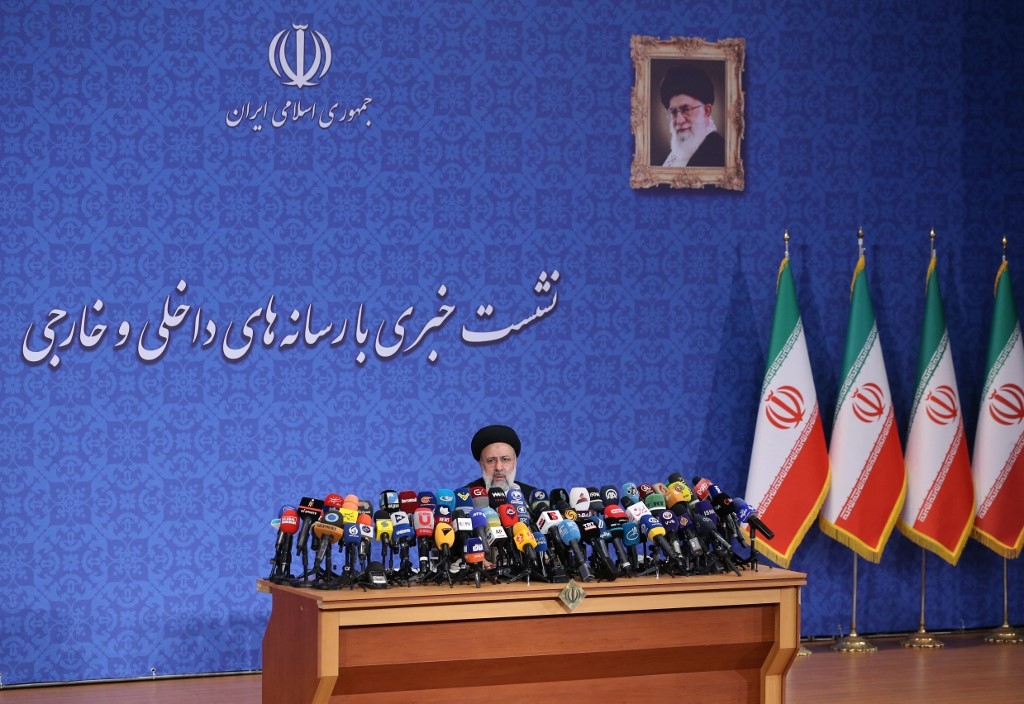
Republican Senator Ted Cruz introduced legislation to impose human rights sanctions on the Supreme Leader of Iran, Ayatollah Ali Khamenei, and the country's president-elect, Ebrahim Raisi.
Cruz, in a statement on Thursday, noted that both officials were already the subject of US sanctions and made it clear that the move was a direct message to the Biden administration, which has been working to build ties with Iran via nuclear deal negotiations and the likely lifting of significant US sanctions.
"Iran is the largest state sponsor of terrorism in the world. Instead of addressing the threats it poses President Biden is crawling back to the negotiating table and lifting sanctions to appease the Iranian regime," Cruz said in Friday's statement.
"We should not be giving sanctions relief to regimes whose leaders, Ali Khamenei and the regime's recently elected President Ebrahim Raisi, terrorize their own citizens and foment instability abroad through their terrorist proxies."
Raisi, who won Iran's recent presidential elections, is set to take office in August. Meanwhile, nuclear deal negotiations have been stalled.
New MEE newsletter: Jerusalem Dispatch
Sign up to get the latest insights and analysis on Israel-Palestine, alongside Turkey Unpacked and other MEE newsletters
US President Donald Trump withdrew the US from the Obama-era multilateral nuclear accord in 2018, reimposing a series of crippling sanctions. But President Joe Biden has vowed to re-enter a new nuclear deal with Iran, to the dismay of most Republicans, as well as close ally Israel, among others.
Already into the sixth rounds of talks that have taken place in Vienna, reports indicate that the lifting of US sanctions against Khamenei and other top officials, as well the Islamic Revolutionary Guard Corps (IRGC), is among Iran's top demands.
At least sixteen Republican senators signed the legislation, including Senators Tom Cotton, Lindsey Graham, Rick Scott and Marco Rubio.
"Iran's Supreme Leader Ayatollah Khamenei and new President Ebrahim Raisi both have atrocious human rights records," Senator John Barrasso, another signatory, said in Thursday's statement.
"They've presided over the executions of thousands of political prisoners and the mass arrests of journalists, lawyers and American citizens. Instead of considering lifting sanctions on these terrible human rights abusers, the United States must take a stand against the corrupt and dangerous regime in Iran. Sanctioning two of the world's biggest human rights offenders is a good place to start."
President-elect Raisi, formerly head of Iran's judiciary, has been accused of playing a role in the ordered executions of thousands of political prisoners in 1988, during which time he served as a deputy prosecutor. The UN investigator on human rights in Iran called for an investigation into such reports last month.
Maximum pressure and war
Senator Kevin Cramer, another signatory, said the bill would prevent President Biden from rolling back the sanctions placed "on these morally bankrupt members of the Iranian regime". However, the legislation is unlikely to be more than a symbolic statement, given the Democrat's current control over both houses of Congress.
Still, the senator's pressed Biden to reconsider his party's position.
"The Biden administration continues to move in the wrong direction, easing sanctions on the Iranian regime rather than countering their human rights abuses and nuclear ambitions. That's why we continue working to maintain maximum pressure on Iran," John Hoeven said of the bill.
The Trump administration's "maximum pressure" campaign against Tehran brought the US to the brink of war on several occasions, according to reports that have been released following Trump's White House exit.
On Friday, a report in the New Yorker revealed yet again details of the deep concern felt by General Mark Milley, US Chairman of the Joint Chiefs of Staff, at the time.
According to the report, Milley believed that the US had come "very close" to going to war during the final months of Trump's presidency.
President-elect Raisi, considered far more conservative than his predecessor, is said to be open to negotiations with the US. Earlier this week, Iranian Foreign Minister Mohammad Javad Zarif expressed hope in the possibility of a compromise.
"If the US restores the nuclear deal, a successful outcome from the current talks in Vienna would be achieved," Zarif wrote in a letter attached to a 262-page report to parliament about the nuclear deal.
Middle East Eye delivers independent and unrivalled coverage and analysis of the Middle East, North Africa and beyond. To learn more about republishing this content and the associated fees, please fill out this form. More about MEE can be found here.


